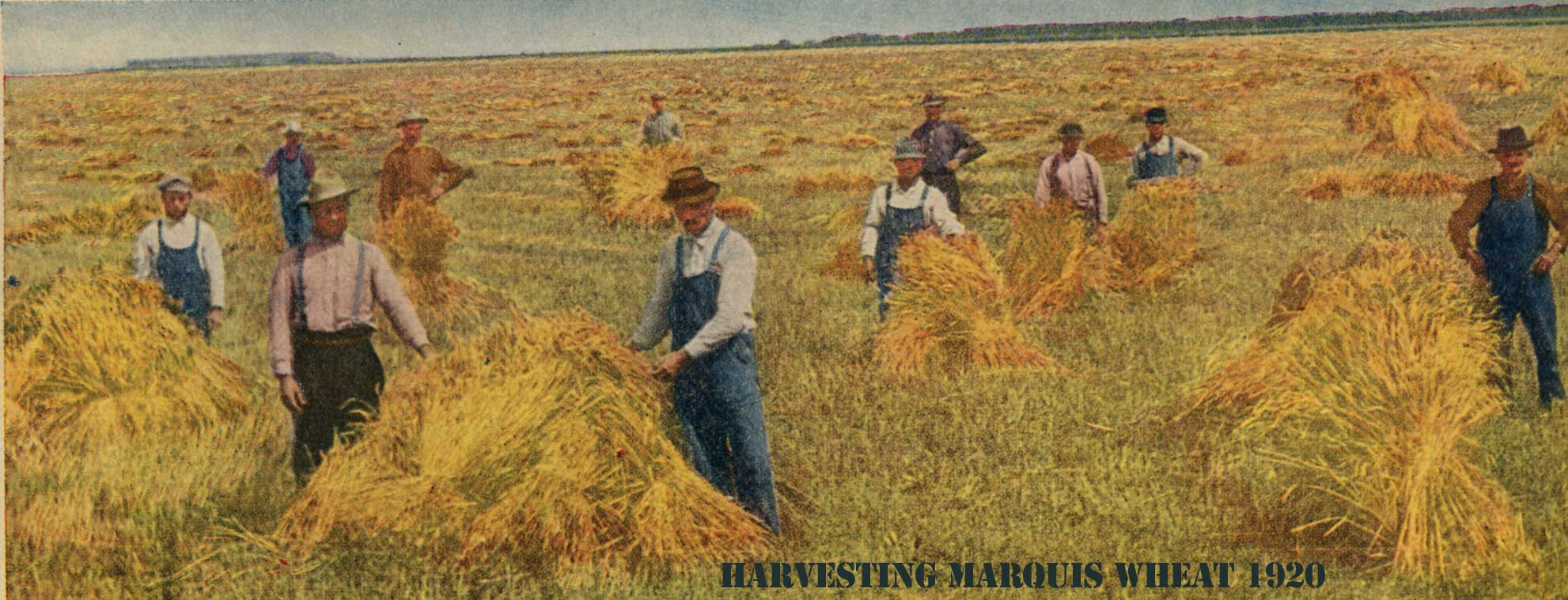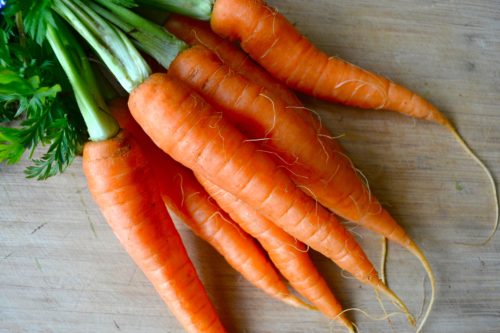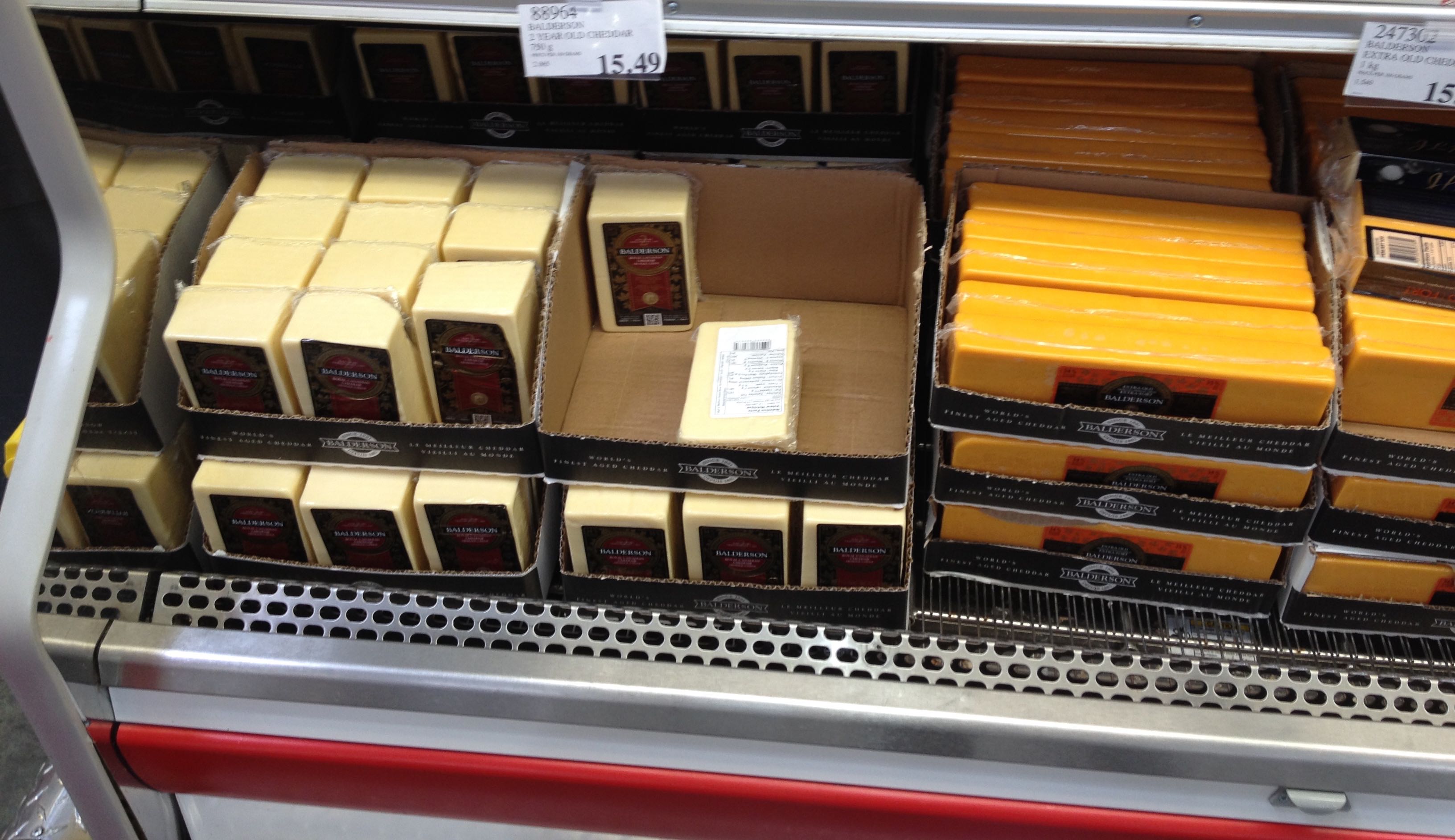The acronym SEWTHA stands for the title of the book ‘Sustainable Energy: Without the Hot Air’, written by the late Sir David MacKay (above, on his bike), who was a physicist profoundly interested in the energy future of the world. In SEWTHA, he uses the physicist’s toolkit to analyze how much energy we use, how we obtain it, and, most importantly, how we can replace our current use of fossil fuels with sustainable energy sources.… Read the rest “The Great Common Sense of SEWTHA”
Month: August 2016
Save the Environment — Drive a Car, Don’t Walk
(Image credit: Wellcome Library, London “A Man Walking”, Image V0048616, Collotype after Eadweard Muybridge, 1887.)
The idea that driving a car is better for the environment than walking sounds like the raving of an antediluvian climate change denier. Of course there is personal benefit in walking, and all of us should walk more, not less. But the sad truth is that producing, processing, and preparing the food needed to power walking consumes almost as much fossil fuel energy as driving the same distance in a car.… Read the rest “Save the Environment — Drive a Car, Don’t Walk”
Saving Vision and Lives, One Sweet Potato at a Time
Carrots and orange-fleshed sweet potatoes are loaded with one of our most important micronutrients, one that is deficient in the diets of over 100 million people in the world: Vitamin A. About thirty years ago it became evident that vitamin A deficiency is incredibly harmful to children under the age of six, and can lead to susceptibility to infection, blindness, and death. In some parts of Africa, vitamin A deficiency has been overcome by growing orange sweet potatoes brought from America.… Read the rest “Saving Vision and Lives, One Sweet Potato at a Time”
Unexpected link between cheese consumption and lung cancer
A surprising link has been uncovered between cheese consumption and deaths of women from lung and bronchial cancer. This link is entirely unexpected: doctors had not previously noticed this association. Cheese contains quite a lot of fat, which does apparently have a link to certain cancers, such as breast and bowel cancers. But there hasn’t previously been an association of cheese consumption and lung cancer.
The correlation between lung cancer and cheese production
The data showing the production of cheese in the USA between 1975 and 1995, and the age-adjusted deaths of women from lung cancer are in the following graph (1):
The correlation is striking.… Read the rest “Unexpected link between cheese consumption and lung cancer”




